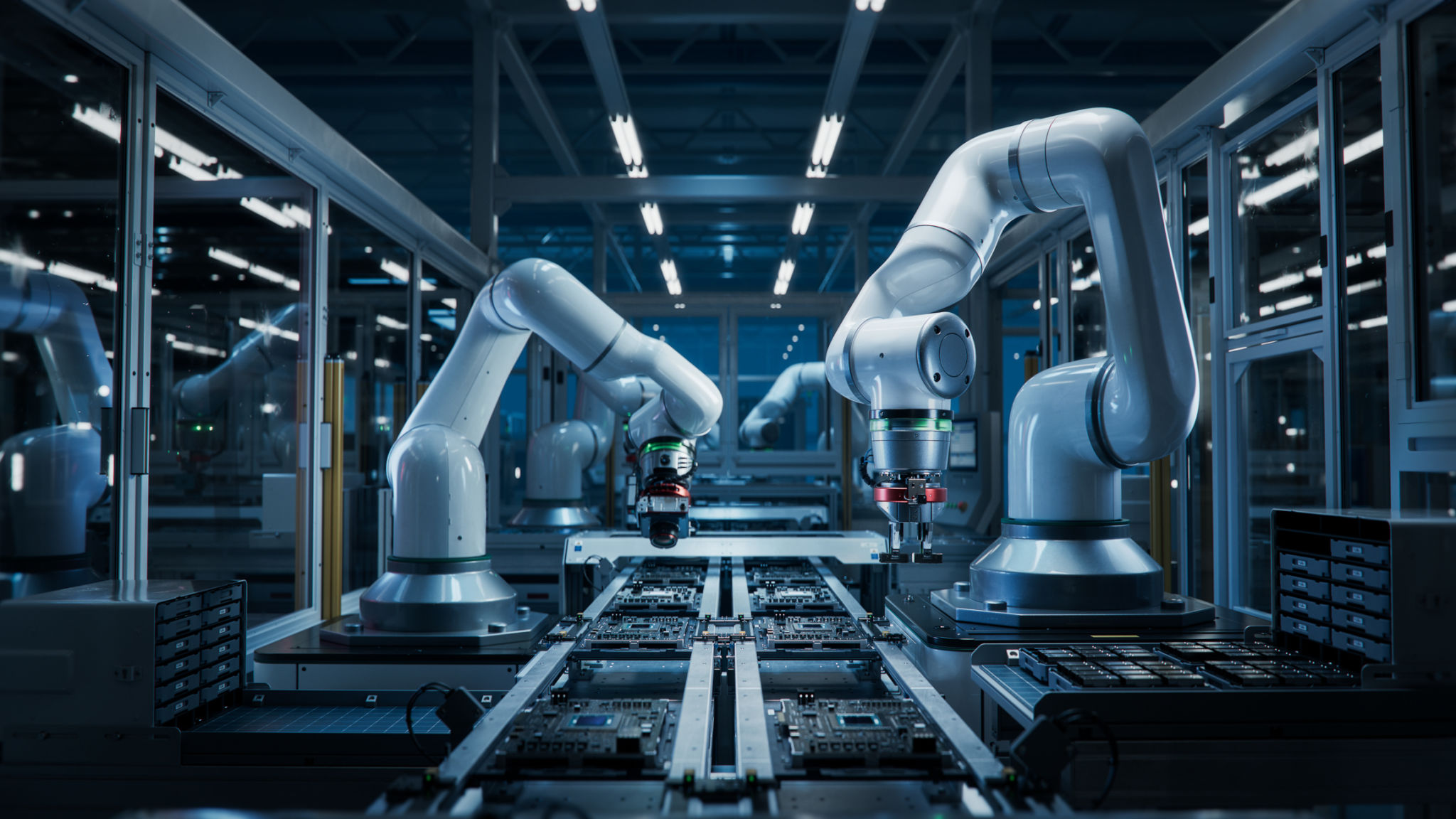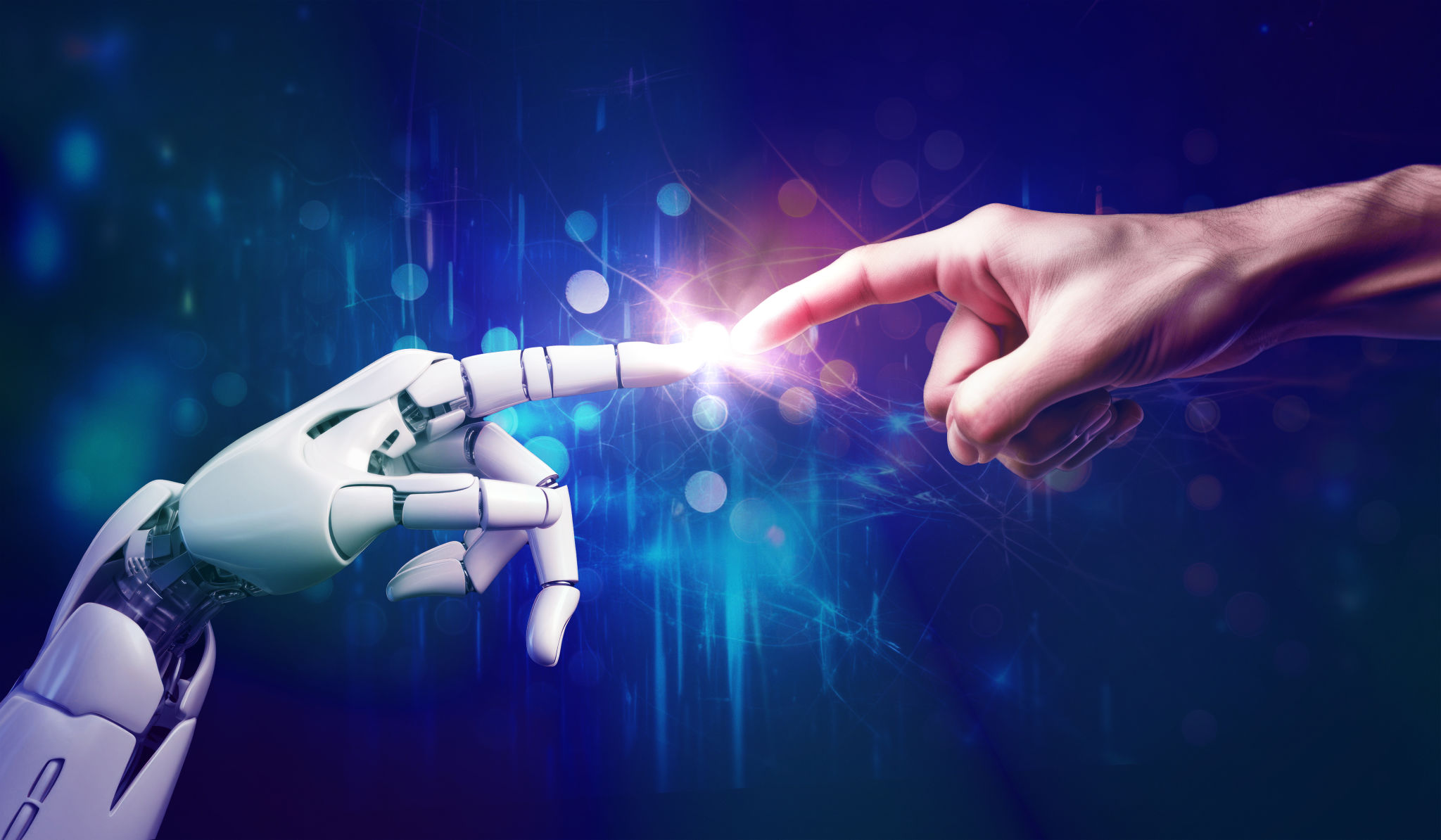The Future of AI and Automation: Trends to Watch
VR
As we move further into the digital age, the role of artificial intelligence (AI) and automation continues to expand. This technological evolution is reshaping industries, redefining jobs, and altering the way we interact with the world. Understanding these trends is crucial for businesses and individuals looking to stay ahead in a rapidly changing landscape.
The Rise of AI in Everyday Life
AI has permeated many aspects of daily life, from voice-activated assistants to personalized online shopping experiences. These technologies are not only making tasks easier but also more intuitive. As AI continues to integrate into our daily routines, it promises to enhance productivity and improve the quality of life.

One significant trend is the advancement of natural language processing (NLP), which allows AI to understand and respond to human language more effectively. This is leading to the creation of more sophisticated virtual assistants that can perform complex tasks and provide better customer service.
Automation Transforming Industries
Automation is revolutionizing industries by streamlining processes and increasing efficiency. In sectors such as manufacturing, logistics, and even healthcare, automation technologies are being adopted to reduce costs and improve accuracy.
For instance, in manufacturing, robots are taking over repetitive and dangerous tasks, allowing human workers to focus on more creative and strategic roles. This shift not only boosts productivity but also enhances workplace safety.

The Impact on Employment
While automation offers many benefits, it also raises concerns about job displacement. However, history suggests that while some jobs may be lost, new ones will be created. The key will be in reskilling and upskilling the workforce to adapt to new roles that emerge as technology evolves.
AI in Decision-Making
AI is increasingly being used in decision-making processes across various sectors. From financial services using AI for risk assessment to healthcare providers employing it for diagnostic purposes, AI has the potential to enhance precision and efficiency in decision-making.

These applications highlight the importance of ethical considerations in AI deployment. Ensuring that AI systems are transparent and free from bias is essential for gaining public trust and maximizing their potential benefits.
Future Prospects and Innovations
Looking ahead, the future of AI and automation holds exciting possibilities. From self-driving vehicles to personalized medicine, the innovations on the horizon promise to further transform our world.
Key areas to watch include advancements in AI's ability to learn autonomously and the development of more generalized AI systems that can perform a broader range of tasks with minimal human intervention.

Preparing for an Automated Future
To thrive in a future dominated by AI and automation, businesses and individuals must be proactive. Embracing continuous learning, fostering adaptability, and staying informed about technological trends will be crucial.
Ultimately, the integration of AI and automation presents opportunities to enhance efficiency, drive innovation, and improve our quality of life. By understanding these trends, we can better prepare for a future where humans and machines work together harmoniously.